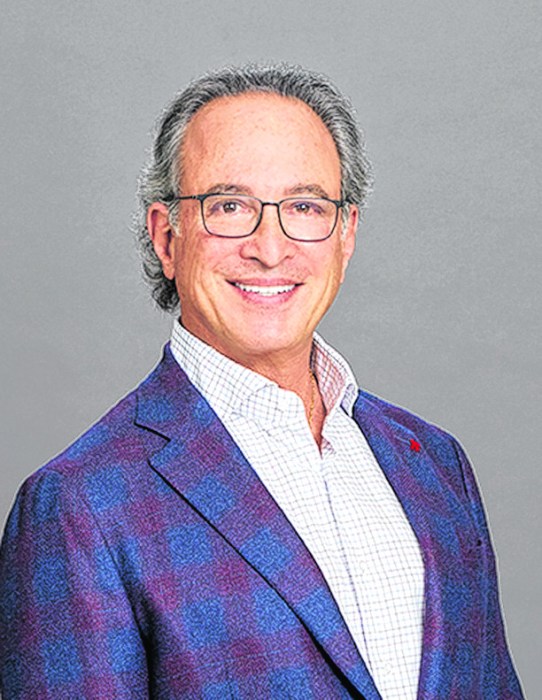In “This Illness Isn’t Treated Like An Illness” (The Weekend, April 9-15), Claudia Peters Ragni makes the case that substance abusers’ addictions to alcohol, pills, and heroin “should be treated the same as other diseases” (because) “treating addicts differently from how we treat people with any chronic disease isn’t okay.” While she briefly concedes that “substance addiction is a disease with a behavioral component,” she seems unwilling to admit what an understandable difference that makes in why “it’s not looked at in the same way.”
I don’t think it’s surprising that people tend to sympathize with “innocent victims” a lot more than with people who cause their own problems by their stubbornly-bad life choices.
Most people suffering from diseases such as muscular dystrophy, leukemia, asthma, sickle cell anemia, ALS, Parkinson’s, arthritis, rheumatism, multiple sclerosis, Alzheimer’s and countless other debilitating conditions did nothing to cause it. Whether the “blame” is on bacteria, viruses or defective genes, these victims are suffering through no fault of their own. For them, it was unforseeable and unavoidable.
It’s quite different when people who were not born addicted to any substance choose to disobey their parents, ignore good advice from their teachers and preachers and sometimes even break laws and commit crimes in order to abuse their drug of choice.
Perhaps Ms. Ragni could make a better case for equal treatment by pointing out that even people with lung cancer clearly caused by their decades-long, packs-a-day cigarette smoking usually receive the same medical treatment and insurance coverage as people whose breast or prostate cancers were not caused by their own bad habits.
Richard Siegelman


































